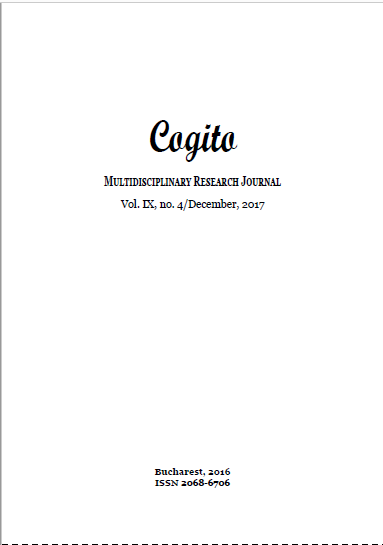THE CANTEMIRIAN ANTHROPOLOGICAL MODEL
THE CANTEMIRIAN ANTHROPOLOGICAL MODEL
Author(s): Gabriela Pohoaţă, Mihaela MocanuSubject(s): Anthropology, Cultural history, Social Philosophy, 17th Century, 18th Century
Published by: Editura Pro Universitaria
Keywords: philosophical anthropology; history; culture; geography; nation; knowledge; tradition; society;
Summary/Abstract: Dimitrie Cantemir was a forerunner of the philosophical anthropology not only in the Romanian area, but also in the European one. The analysis that we present in this text is based on his work Descriptio Moldaviae, conceived two years after his election as a member of the Academy of Berlin (1714) upon the recommendation and request of the German scholars who asked him to write about his people. Thus, Dimitrie Cantemir offers a contextualized anthropology expressing a multidisciplinary vision (a historical, geographical, ethnological, sociological, legal, economic and literary one) about the Moldavian society’s kinship with the European one. In fact, a scholarly approach based on a synchronic-diachronic comparative method that contributes to an inter- and trans-cultural understanding in the 18th century, which gives it a European resonance. The Cantemirian model is not infallible because there are also many erroneous information that can be explained both by the lack of a model (Cantemir had no model) and by the limited information of the time. His model is imposed in contemporary anthropological knowledge both through the consciousness of objectivity and through critical selfconsciousness, but also by the vastness of information, the accuracy of the method used and the modern conception underlying it.
Journal: Cogito - Multidisciplinary research Journal
- Issue Year: 2017
- Issue No: 4
- Page Range: 7-17
- Page Count: 11
- Language: English

